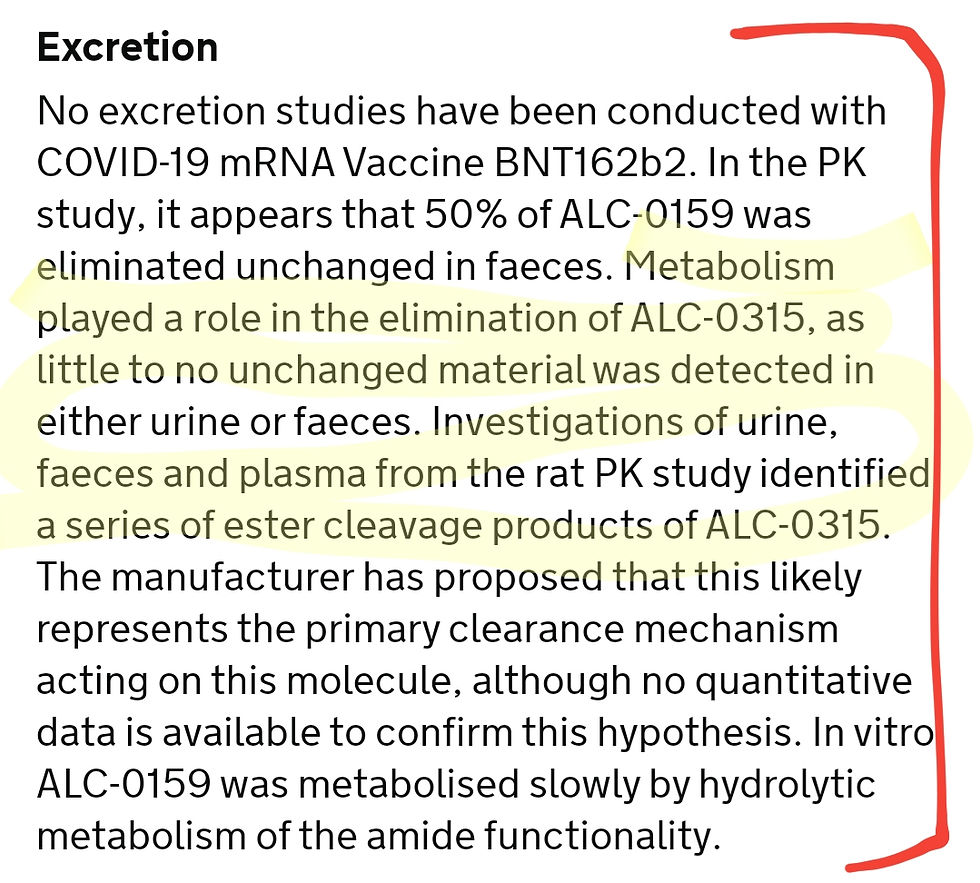Lipids, Heart attack, Stroke, and the Pfizer jab
- MyBody MyRisk

- May 5, 2021
- 2 min read
Updated: May 25, 2021

Inflammation, not Cholesterol, Is a Cause of Chronic Disease
Abstract
Since the Seven Countries Study, dietary cholesterol and the levels of serum cholesterol in relation to the development of chronic diseases have been somewhat demonised. However, the principles of the Mediterranean diet and relevant data linked to the examples of people living in the five blue zones demonstrate that the key to longevity and the prevention of chronic disease development is not the reduction of dietary or serum cholesterol but the control of systemic inflammation. In this review, we present all the relevant data that supports the view that it is inflammation induced by several factors, such as platelet-activating factor (that leads to the onset of cardiovascular diseases (CVD) rather than serum cholesterol. The key to reducing the incidence of CVD is to control the activities of PAF and other inflammatory mediators via diet, exercise, and healthy lifestyle choices. The relevant studies and data supporting these views are discussed in this review.
Source
So, what is in the Pfizer Vaccine?
Cationic Lipid (ALC-0315)

PEGylated Lipid (ALC-0159)

Phospholipid (ALC-0159 / DSPC)

Cholesterol

Where do the lipids go?
We don't know and nor does Pfizer!

What do we know...
1. The Pfizer jab has a whole lot of cholesterol and lipid nanoparticles
2. The Pfizer jab lipids are full of hydrogen which makes them insoluble in the blood stream
3. The majority of lipids in the jab were not excreted through metabolic processes of the body
So, what could be happening?
- Are the oxygenated, hydrogenated lipids in the jab accumulating on platelet and blood disorders resulting in increased incidence of spontaneous stroke, heart attack, platelet disorders, blood disorders and thrombosis being experienced by individuals vaccinated with the Pfizer Covid-19 jab?
- Are the lipid issues with the jab combinong with misfolded c-reactive protein cytokines creating inflammatory cytokine storms inducing heart attacks and strokes?
In cases where the inflammation fails to resolve due to the persistence of the triggering agent or due to unsuccessful repair of the initial tissue injury or dysfunction, a sustained underlying inflammatory process develops, leading to further tissue dysfunction and detrimental consequences. Several traditional and emerging risk factors are thought to influence our health and, especially, inflammation-related chronic diseases, by their interrelation with underlying molecular and cellular manifestations that result in chronic inflammatory responses leading to the loss of tissue homoeostasis and dysfunction.
Other studies
Hydrogenation of unsaturated fats and trans fats
Role of Lipids in Brain Injury and Diseases. https://1drv.ms/b/s!AoDH96P5zZrzg0rHqRzatoUZOlsn
Self-Amplifying Replicon RNA Delivery
to Dendritic Cells by Cationic Lipids
Quantification In Situ of Crystalline Cholesterol and Calcium Phosphate Hydroxyapatite in Human Atherosclerotic Plaques by Solid-State Magic Angle Spinning NMR




Comments